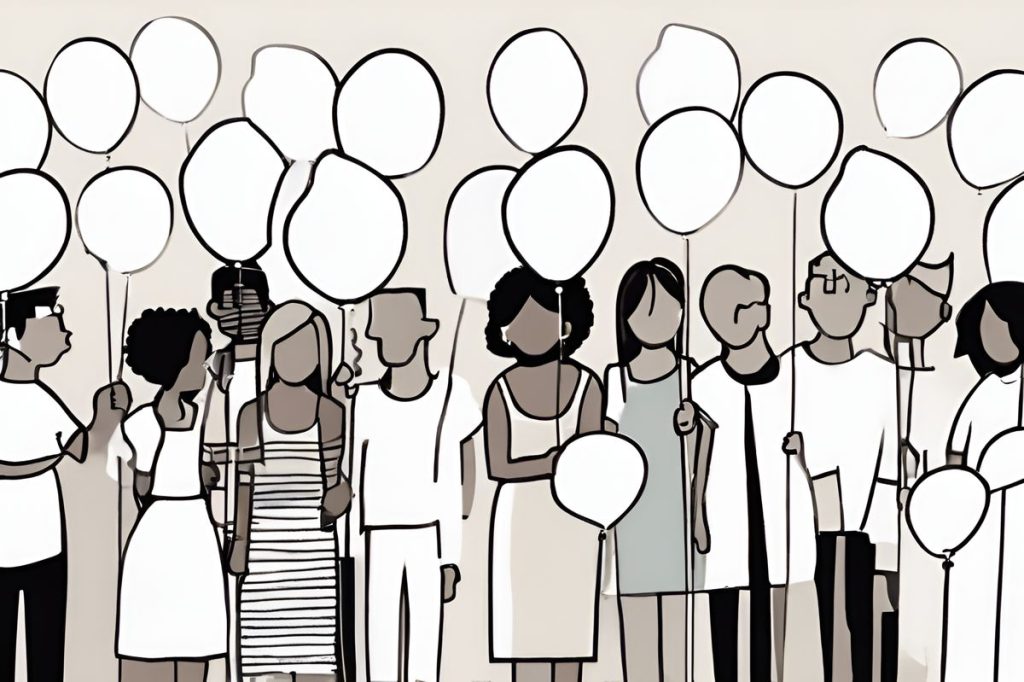Private preschool owners demand financial support and inclusive legislation from the state to ensure the survival and quality of their institutions amidst the compulsory early education expansion. Despite fears of devaluation and nationalization of the sector, owners stand united in advocating for fair treatment to preserve educational diversity and parental choice in the early childhood education landscape.
What are private preschool owners demanding from the state regarding early childhood education?
Private preschool owners are advocating for financial support for parents choosing private education and inclusive legislation that ensures their survival against state-managed compulsory early education expansion. They stress that without assistance, private preschool quality and variety are at risk, potentially leading to devaluation and nationalization of the sector.
In the heart of the city on Tuesday, a significant number of private preschool owners took to the streets in a demonstration of discontent. As they gathered outside the House of Representatives, the air was filled with the solidarity of their cause. Their grievance? The state’s management of the compulsory early education expansion for children starting at four years old.
A sea of white balloons bobbed among the crowd while signs with assertive slogans made their messages clear. “We ask for job security,” “Private preschool = Quality,” and “No to nationalization of preschools” were among the bold statements aimed at garnering attention from the public and policymakers alike.
The Stance of Private Institutions
Laura Heracleous, leading the private preschool association, articulated the collective demand for better support. The main plea focused on financial backing for parents opting for private education for their youngsters and the push for inclusive education. This request stems from a concern that without state assistance, private preschools may struggle to compete, affecting the quality and choice available in early childhood education.
As private kindergartens shut their doors for the day in protest, the broader impact became quite apparent. The closure not only underscores the gravity of the situation for the owners and employees but also directly affects numerous families relying on these institutions for their children’s education.
Financial Implications and Legislative Challenges
The crux of the matter lies in how the state plans to implement this extension of compulsory schooling. The owners argue that the current approach could lead to a devaluation of private preschools, potentially destabilizing the entire sector. They fear that without proper legislation and financial assistance, the state’s actions could inadvertently push towards the nationalization of early childhood education, stripping away variety and possibly lowering the standards of education.
While the parliament was scheduled to discuss these issues with the Minister of Education Athena Michaelidou, the outcome of such meetings is yet to be determined. Stakeholders are eagerly waiting for a resolution that would not only acknowledge the role of private preschools but also support parents and the industry.
Voices from the Ground
The protest not only highlighted the concerns of the private preschool owners but also brought to light the importance of diversity in educational choices for parents and their children. The demonstrators emphasized that their services contribute to a robust education system and play a pivotal role in the formative years of a child’s life.
Employing symbolic gestures such as white balloons and evocative placards, the protesters aimed to convey a message of peace, hope, and a plea for recognition. Their collective voice serves as a reminder that while policies and legislation are critical, they must be fashioned with consideration for all stakeholders involved in shaping the future of education.
What are private preschool owners demanding from the state regarding early childhood education?
Private preschool owners are advocating for financial support for parents choosing private education and inclusive legislation that ensures their survival against state-managed compulsory early education expansion. They stress that without assistance, private preschool quality and variety are at risk, potentially leading to devaluation and nationalization of the sector.
What are the main concerns of private preschool owners regarding the state’s management of compulsory early education expansion?
Private preschool owners fear that the current approach to compulsory early education expansion could devalue private preschools and potentially lead to nationalization of the sector. They are concerned that without proper legislation and financial support, the state’s actions may jeopardize the diversity and quality of early childhood education.
How are private preschool owners making their voices heard regarding these issues?
Private preschool owners have taken to the streets in protest, demonstrating outside the House of Representatives with signs and slogans advocating for fair treatment and financial support. They are using symbolic gestures such as white balloons and placards to convey their message of solidarity and the importance of preserving educational diversity and parental choice.
What is the significance of private preschools in the early childhood education landscape?
Private preschools play a crucial role in providing educational choices for parents and children, contributing to a robust education system and supporting the formative years of a child’s life. The demand for fair treatment and financial support from the state reflects the owners’ commitment to preserving the quality and variety of early childhood education options available to families.

